Control guidelines
Staff members at Olympic venues fully realized the significance of halting the spread of the virus and protecting everyone's health.
Yin said there were more than 30 categories of official employees at a venue-each responsible for a function area. The anti-virus workers formulated control guidelines tailored to each team.
She added that during one inspection, an official asked if tumblers could be given to spectators as souvenirs and whether hot water dispensers could be set up in a stadium.
"The event services team said the proposal was considerate but would be hard to realize in view of the risk posed by public water dispensers to the virus spreading. The team suggested selecting other items," Yin said.
"There was no need for we health workers to speak up on such an occasion, because each of us fully understood the importance of anti-virus work," she said.
Yin added that the first thing she did on waking in the morning was to check nucleic acid test results. "I only felt assured when all of them returned negative," she added.
"If a close contact of a positive case came to the stadium for an event, our workload would increase exponentially. Everyone on the team was determined and dare not let down their guard for one second in order to ensure safety."
The hard work of Yin and her fellow workers won praise from Olympic officials and athletes.
Christophe Dubi, the International Olympic Committee's Olympic Games executive director, said: "No effort was spared, no stone unturned to keep everybody safe. The degree of sophistication of the operation was unprecedented."
Aaron Blunck, a freestyle skier from the United States, said, "They have honestly done a stellar job with the whole COVID protocol."
He said he did not know what to expect before arriving in Beijing and had read some negative reports in US media. "They were completely false. Its actually been phenomenal-everybody from staff members, to COVID testers, to accommodations," Blunck added.








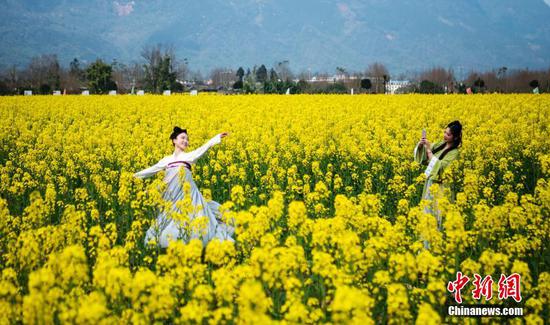
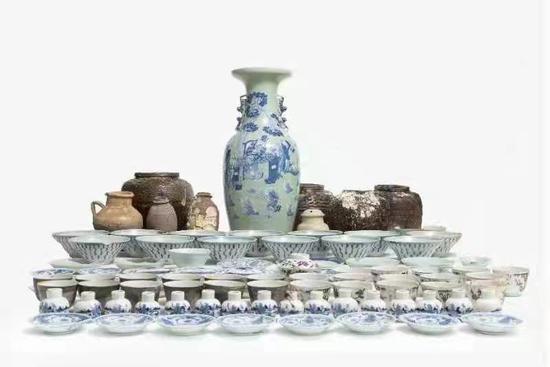
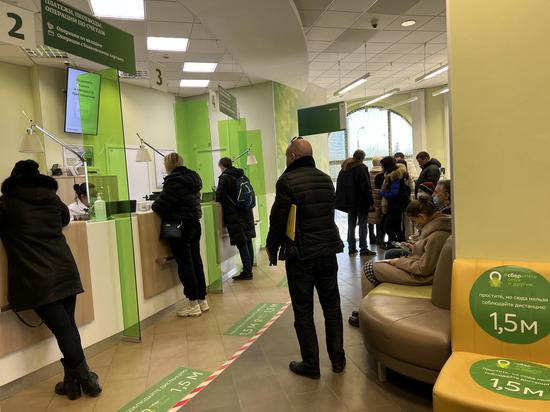
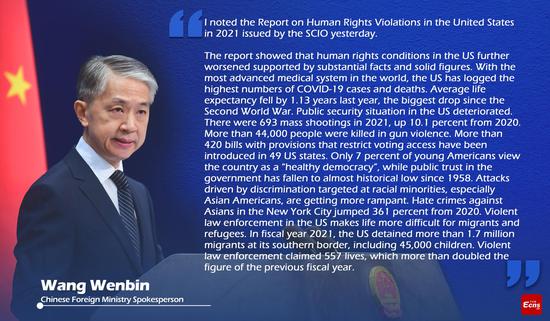
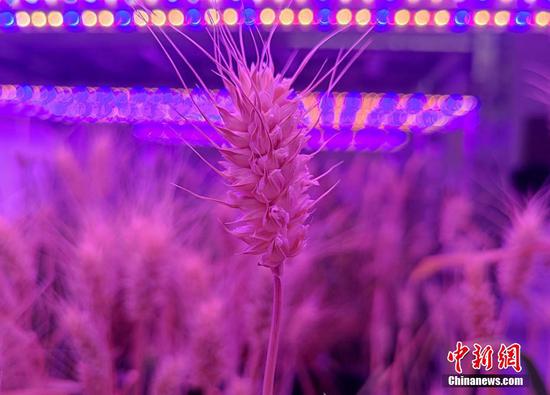
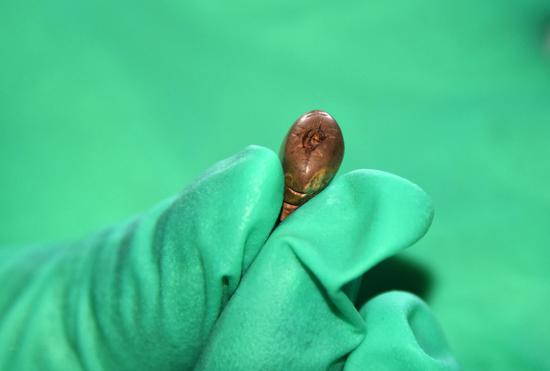
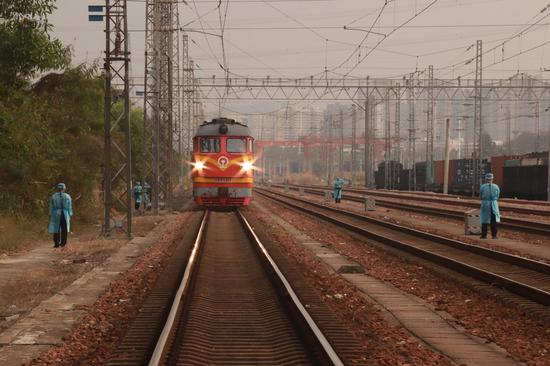

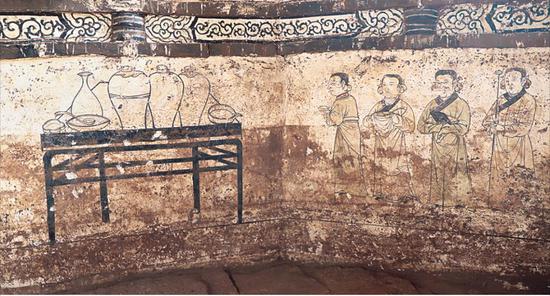
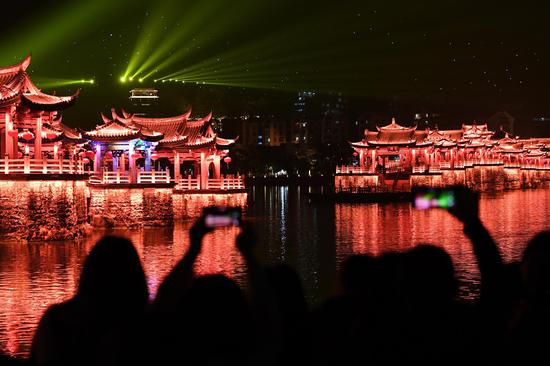
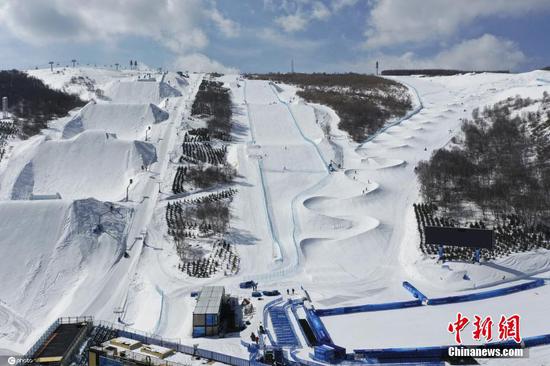
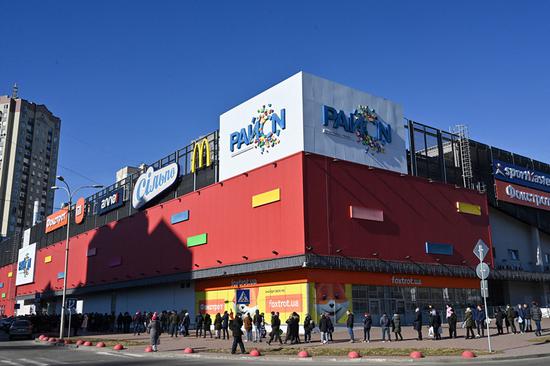

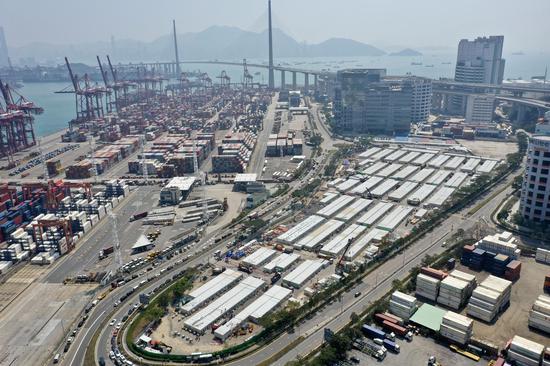
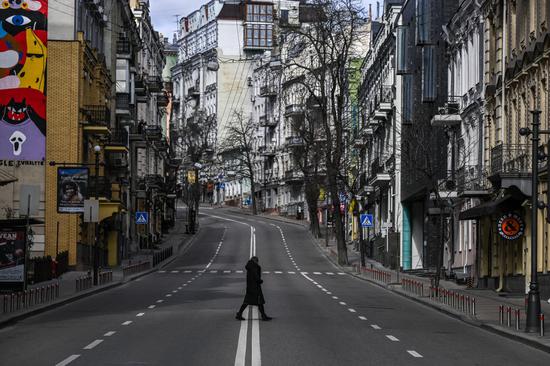
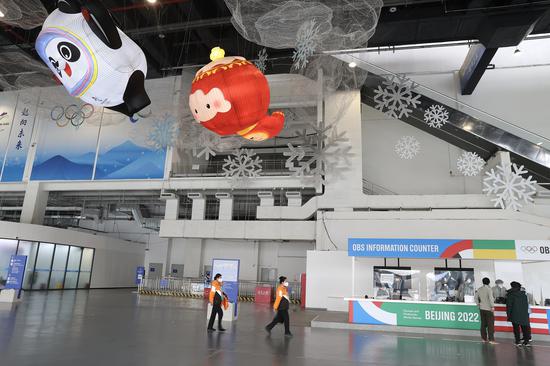
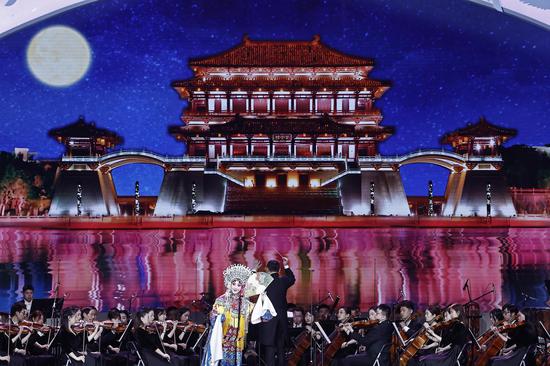
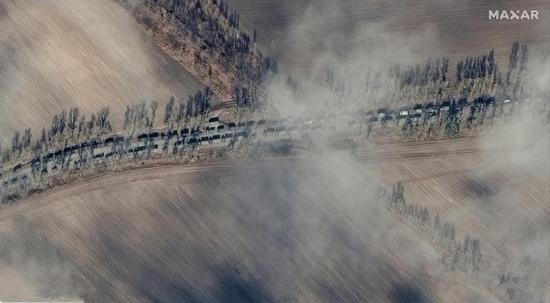

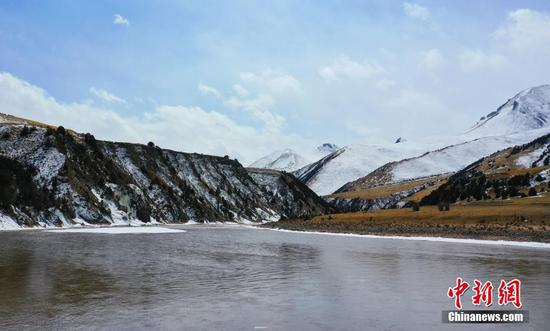
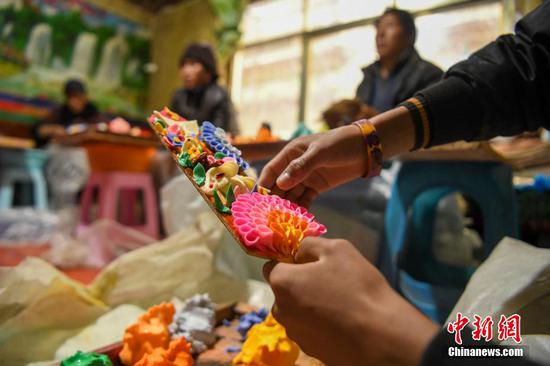
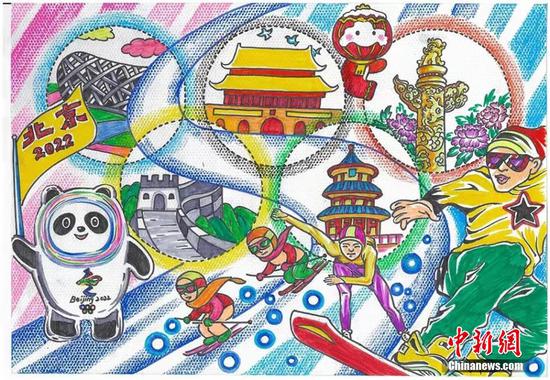
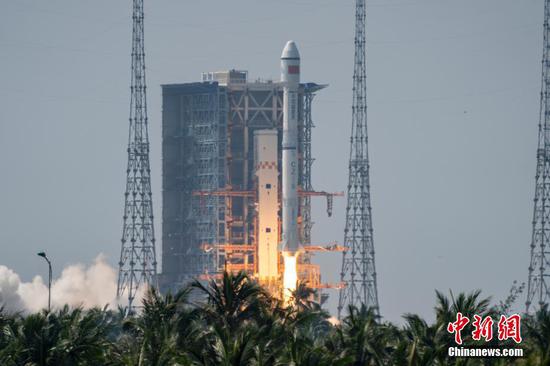
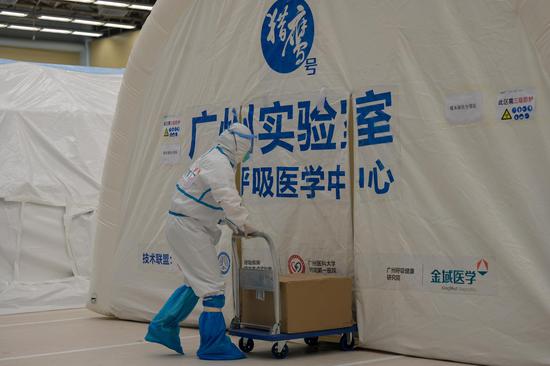
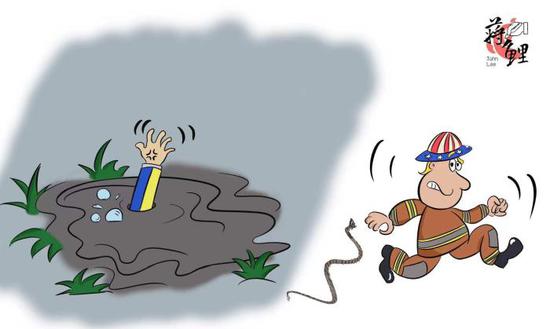

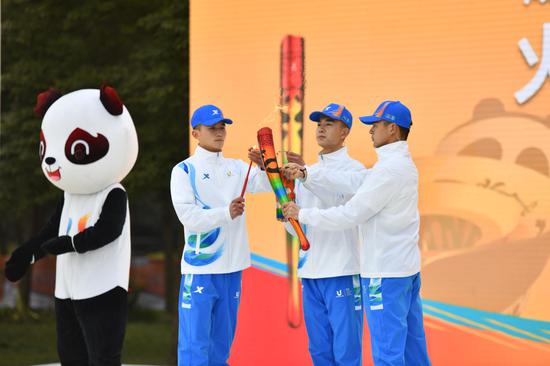
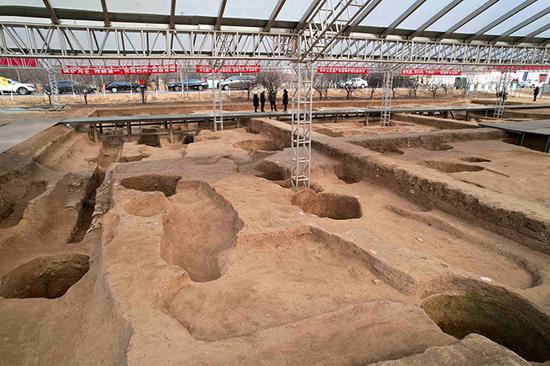
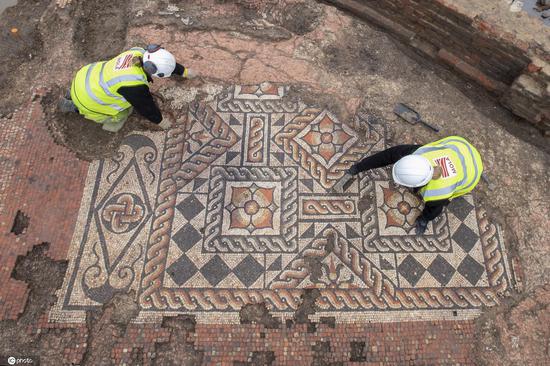
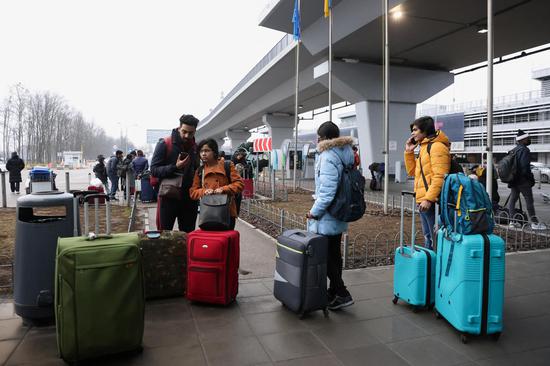
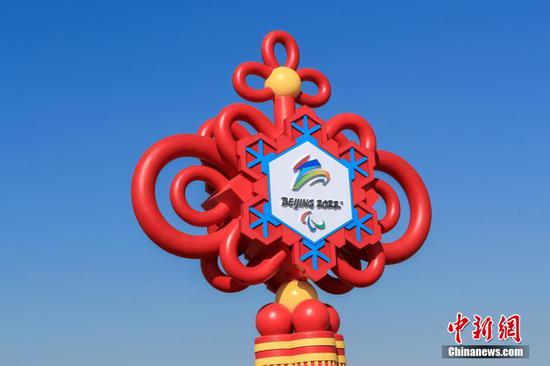
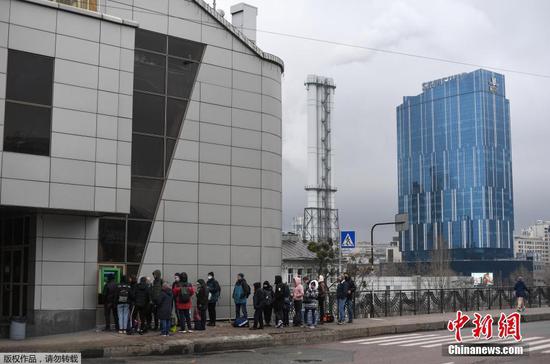
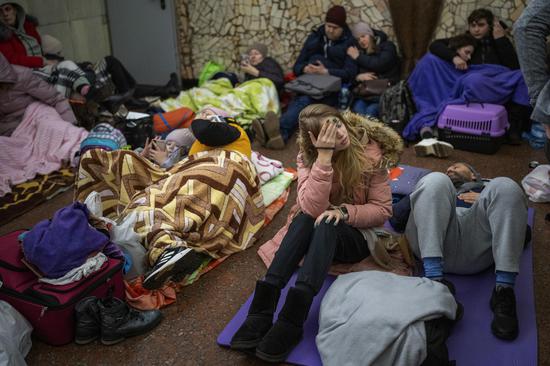
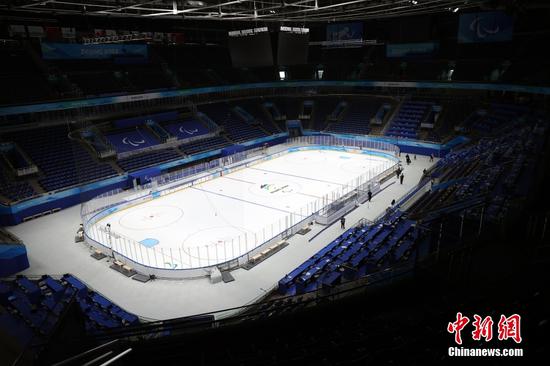

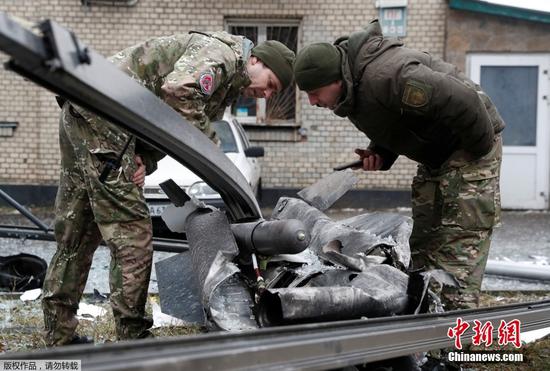
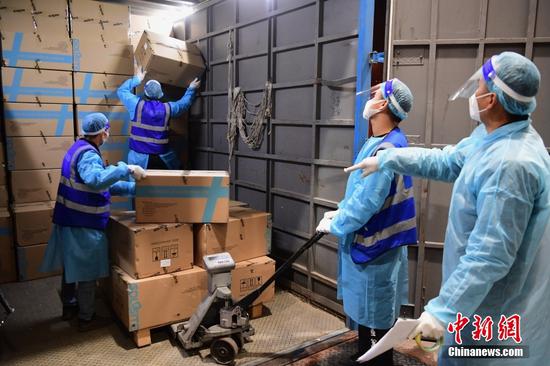





 京公网安备 11010202009201号
京公网安备 11010202009201号